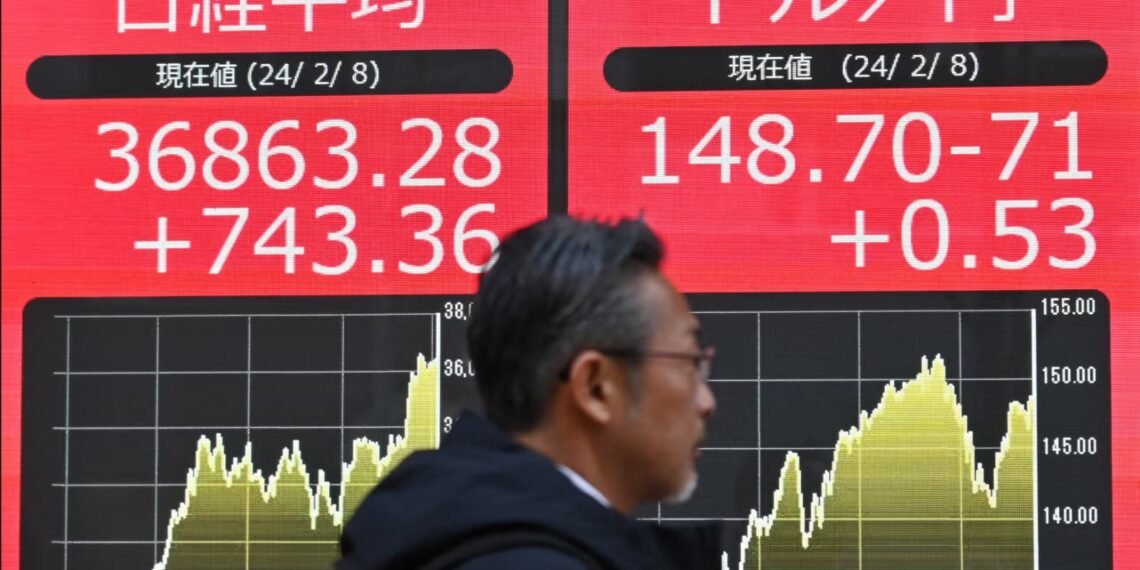Recent economic data has revealed troubling news for two major global economies: the United Kingdom and Japan have slipped into recessionary territory. The UK’s economy contracted in the latter half of 2023, casting doubt on Prime Minister Rishi Sunak’s economic growth claims ahead of an impending general election.
Simultaneously, Japan’s economic woes deepened with a second consecutive quarter of decline, prompting concerns about the nation’s monetary policy and its standing as the world’s third-largest economy. Let’s delve into the details of these downturns and their potential implications for the global economic landscape.
First Japan, and now the UK falls into a technical recession.
This is not a great day for GDP numbers. pic.twitter.com/u3MUOR674Z
— Ayesha Tariq, CFA (@AyeshaTariq) February 15, 2024
UK’s Economic Contraction:
The Office for National Statistics reported a 0.3% decline in the UK’s gross domestic product (GDP) for the fourth quarter of 2023, surpassing economists’ forecasts of a 0.1% drop. This marks the second consecutive quarter of decline, meeting the technical definition of a recession.
Despite the relatively small scale of these contractions, they signal stagnation within the UK economy. They may intensify pressure on the Bank of England to consider interest rate cuts from their 16-year high.
Read More – MILAN 2024: India’s Multinational Naval Exercise Involving USA, Iran, Russia and 48 Other Nations
Japan’s Recessionary Struggles:
Similarly, Japan’s economic woes persisted as its GDP unexpectedly shrank for a second quarter, falling by an annualized 0.4% in October-December. This downturn has led to Japan losing its title as the world’s third-largest economy, replaced by Germany.
The weak performance has raised uncertainties about the Bank of Japan’s plans to exit its ultra-easy monetary policy, particularly as the central bank had previously forecasted rising wages to support consumption.
Global Economic Concerns:
The simultaneous recessions in the UK and Japan have broader implications for the global economic landscape. They highlight underlying challenges significant economies face and raise concerns about the sustainability of economic growth worldwide. Additionally, these downturns may impact international trade, investment decisions, and monetary policies adopted by central banks across the globe.














